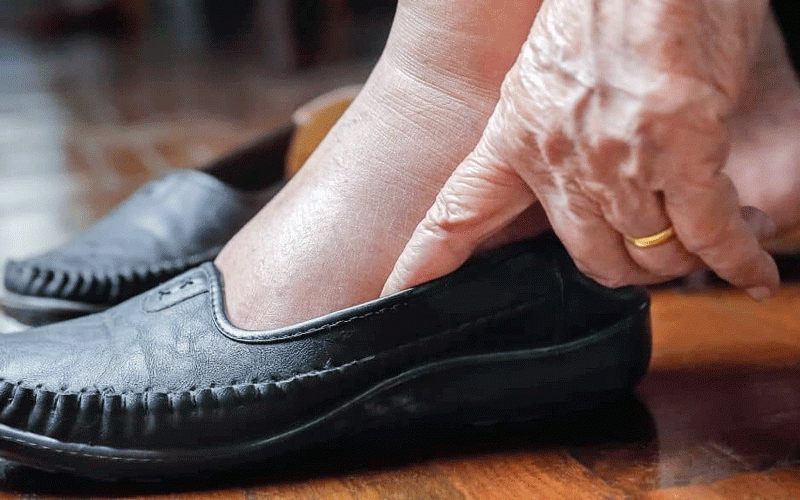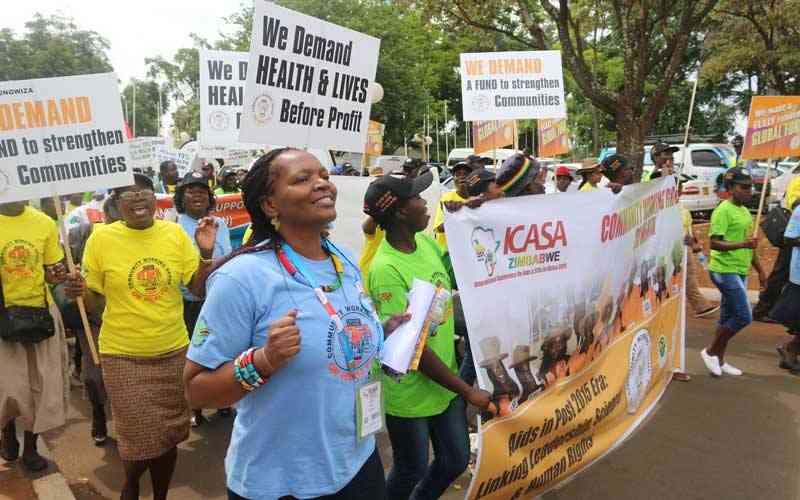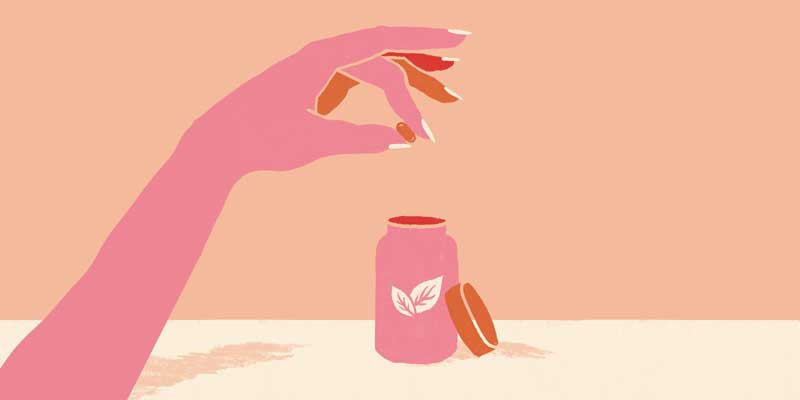
But what motivates people to take up this role, which is usually hard work without any benefits?
Cathrine Mutomba (39) of Mabvuku, who has been a care-giver for five years, said she was inspired by a care-giver who looked after her when she was critically ill.
“Mai Mambo, who used to live in our neighbourhood, was a generous lady who worked as a care-giver,” Mutomba said.
“When l became ill in 2006, she used to do everything for me as she would bath me and dress my wounds as well as feed me.
“She did these things whole-heartedly without complaining about anything.”
When she recovered in 2007, Mutomba joined a home-based care group, so that she could take care of others as well.
She said although they are volunteers, if they were to be given some incentives, more lives would be saved by dedicated care-givers.
“We are volunteers but we must not be taken for granted, we need a good life, just like anyone else,” Mutomba said.
- Chamisa under fire over US$120K donation
- Mavhunga puts DeMbare into Chibuku quarterfinals
- Pension funds bet on Cabora Bassa oilfields
- Councils defy govt fire tender directive
Keep Reading
“Every month we are given US$15, which is very little to cater for our needs.
“At times some of these patients have wounds and we will be exposing ourselves to infections.”
She urged the government to give them some incentives so that they can execute their job more effectively.
Itai Rusike, the Community Working Group on Health (CWGH), whose organisation has been involved in the training of health care-givers said the volunteers must be accorded the respect they deserved.
“It’s high time home care-givers are catered for in the national budget as most of them are living in poverty yet they are serving the nation,” Rusike said.“The National Aids Council (NAC) must consider giving a portion of the Aids Levy to the care-givers.
“There is no proper system of remuneration for home care-givers, which is making their lives difficult.
Rusike said the situation was worse in rural areas where the care-givers could not afford protective clothing.
He said there was also need for proper coordination of care-givers as the fact that they were trained by different organisations meant there could be no uniformity in the way they were remunerated.
CWGH, the Ministry of Health and Child Welfare as well as the United Nations Children’s Fund have trained over 1 200 village health workers working across the country. Fred Kachote, the executive director of The Centre, a non-governmental organisation that helps people living with HIV, said care-givers played a key role in the management of the Aids pandemic.
“The United Nations has set aside December 5 as the International Volunteer Day to recognise the role played by these people.“This shows that they are very vital and need to be recognised,” he said.
NAC CEO Tapuwa Magure agreed that home care-givers need to be rewarded for their work.
“Being volunteers does not mean that these people do not need to be recognised,” he said.
“There is need for them to be motivated so that they continue with the good work they are doing in their communities.
“Stake holders involved with home care-givers must put more effort in providing them with adequate resources as well as better incentives.”











